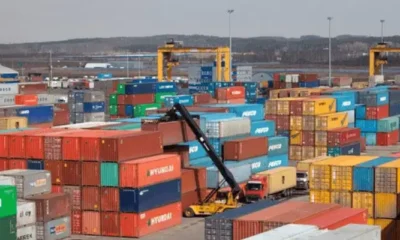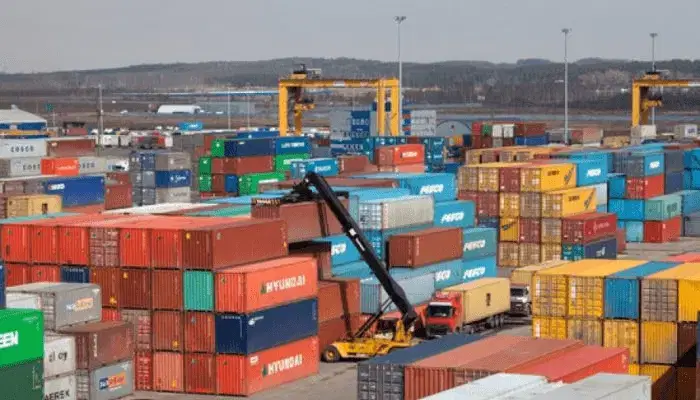World News
UK closes door on overseas care worker recruitment, tightens immigration rules

The United Kingdom government has announced an immediate ban on international recruitment for social care roles, as part of a comprehensive overhaul of immigration policy aimed at significantly reducing what it terms “low-skilled migration.”
The new measures are outlined in an 82-page White Paper released on Monday.
The Home Office stated: “We will close social care visas to new overseas applications,” highlighting that the scheme has been exploited and has failed to support the sustainable development of the UK’s long-term workforce.
The policy document, titled Restoring Control over the Immigration System, has been described by officials as the most significant restructuring of Britain’s immigration framework in a generation. The changes come amid government concerns over rapidly increasing net migration figures, which have reportedly quadrupled between 2019 and 2023.
Under the new rules, existing care workers already residing in the UK will be permitted to extend or switch their visas until 2028. However, no new applications for social care roles from overseas will be accepted in future. This policy aligns with the government’s ambition to develop a new domestic workforce strategy within the health and social care sector.
The White Paper also redefines what constitutes ‘skilled work’ under the country’s points-based immigration system. The criteria for salary, qualifications, and English language proficiency will be raised across most employment categories. Additionally, the government plans to close loopholes that previously enabled low-skilled migration under the guise of skilled work.
The document firmly states: “We are tightening the definition of skilled work — skilled must mean skilled.” Furthermore, the contentious Immigration Salary List, which had allowed employers to pay foreign workers less than the standard salary threshold, will be abolished to safeguard UK wages and labour standards.
Employers are now being urged to prioritise domestic recruitment, particularly in sectors that have traditionally relied on overseas labour. The Home Office stressed: “No employer should be allowed to default to migration,” underscoring a renewed emphasis on investment in local workforce training.
Home Secretary Yvette Cooper described the move as a decisive and essential measure to restore public trust and reduce migration numbers. She stated: “We are taking action to lower the numbers and regain control. Our reforms will ensure immigration serves Britain’s interests, not the other way around.”
-

 News4 hours ago
News4 hours agoOpposition Reps raise alarm over alleged non-implementation of 2025 budget
-

 Business4 hours ago
Business4 hours agoCurrency outside Banks rises 10.2% as money supply expands
-

 World News4 hours ago
World News4 hours agoNigeria’s exports to Africa hits N4.82trn
-

 National News4 hours ago
National News4 hours agoClean Energy key to survival, healthy living — Remi Tinubu
-

 Metro4 hours ago
Metro4 hours agoPolice Inspector killed as officers rescue kidnap victim in Oyo
-

 News37 minutes ago
News37 minutes agoBREAKING: Soludo orders closure of Onitsha Main Market over sit-at-home defiance





























